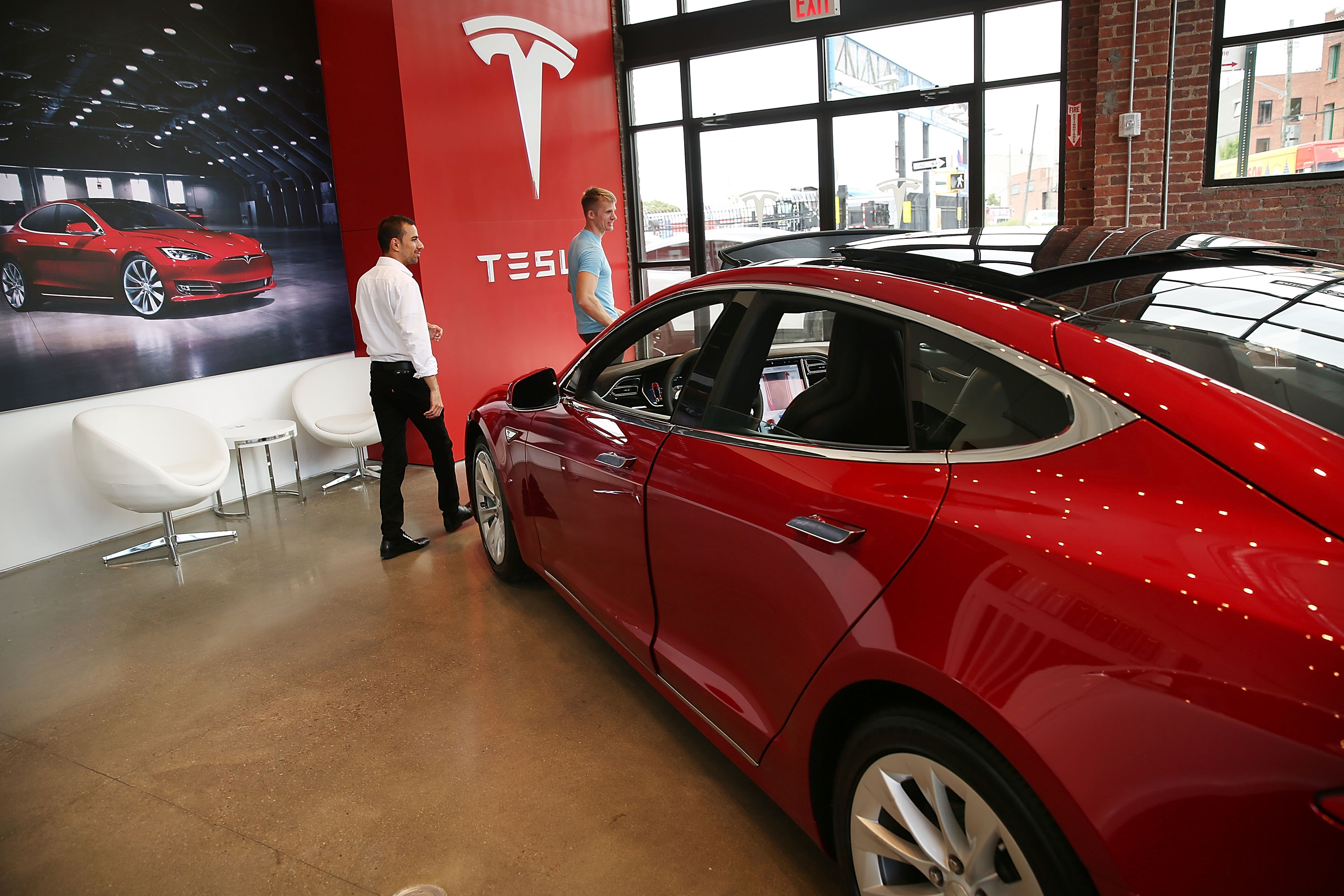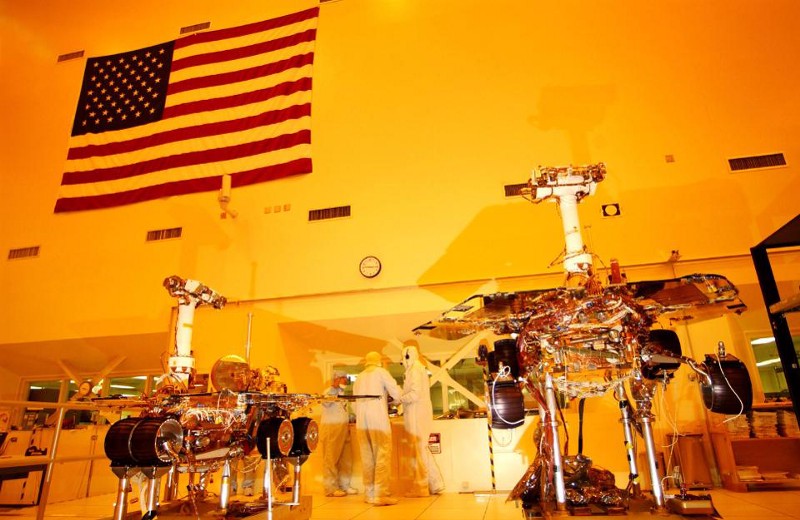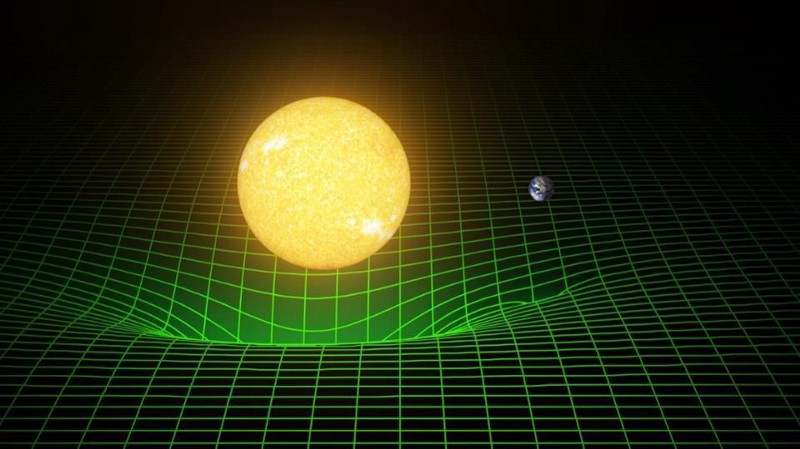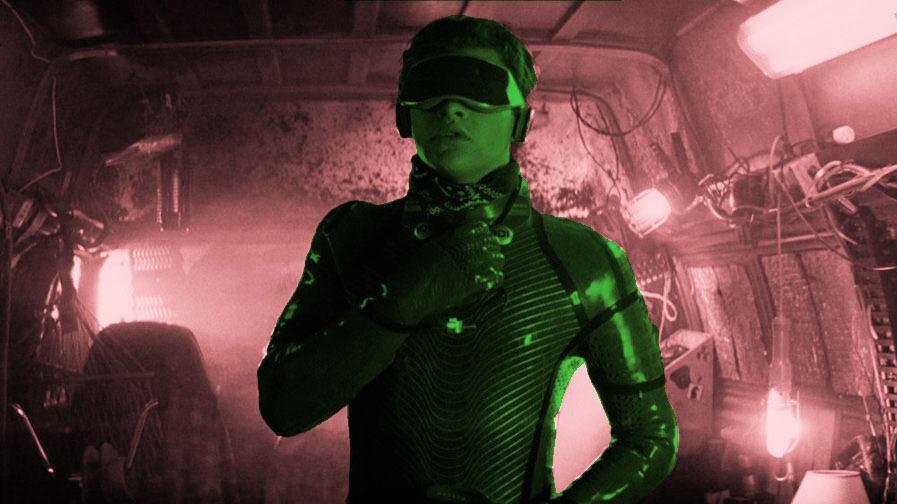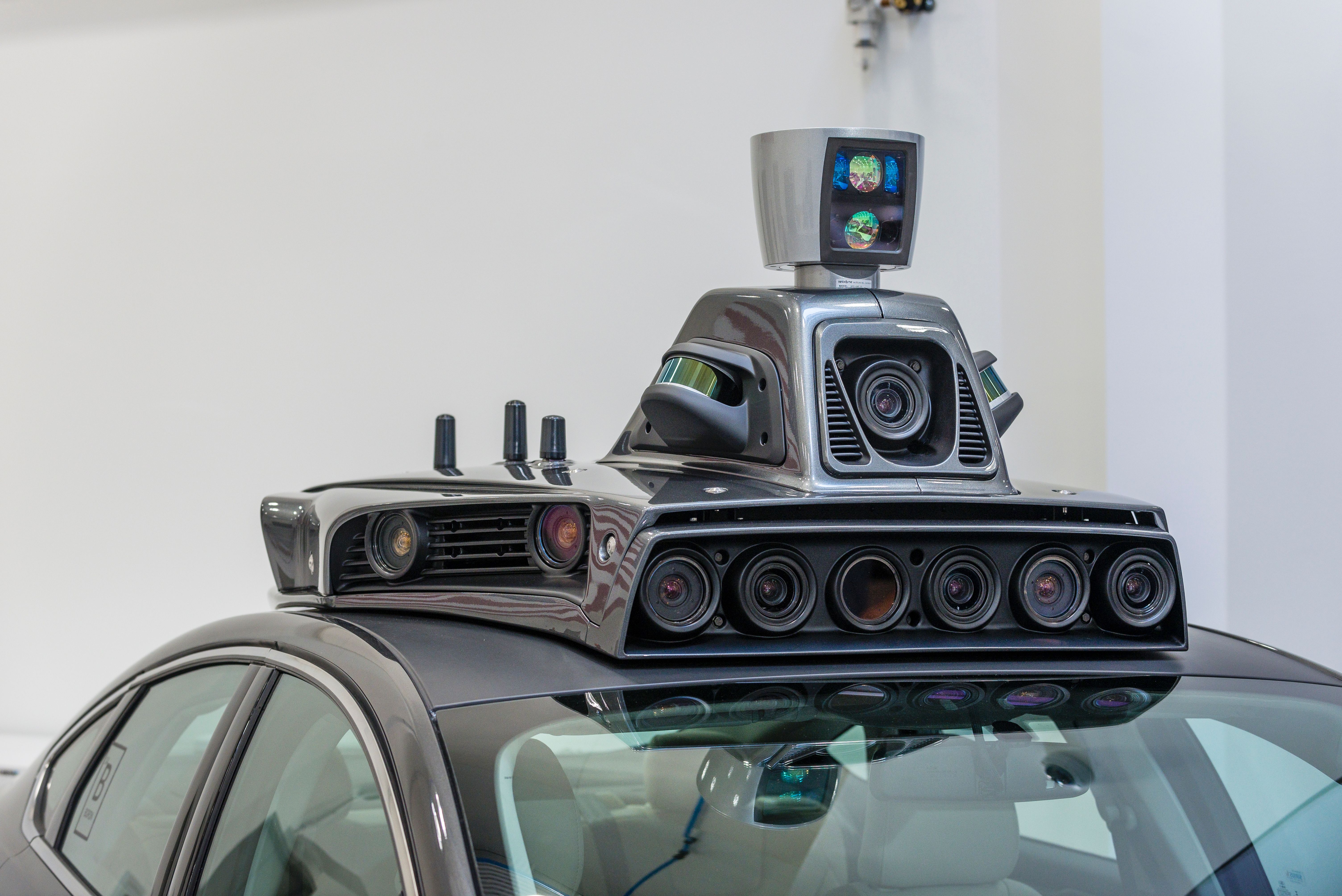In his new book, The Consciousness Instinct, Michael Gazzaniga does a deep dive into the process of consciousness.
Search Results
You searched for: Computers
These results may help us build robots that humans respond more positively to.
Now might just be the best time in history to be a geek or a nerd. How have the definitions and connotations changed over time?
Complex problems undermine the very principle of meritocracy: the idea that the ‘best person’ should be hired. There is no best person.
Like it or not, you are a lot like your friends.
From the history of LSD to the origins of hip-hop, these 10 documentaries will educate and inspire.
Cybersecurity costs billions of dollars each year. Building on a blockchain could solve many of our security problems.
There’s something very special inside a proton and neutron that holds the key. There are few things in the Universe that are as easy to form, in theory, as black holes […]
The cryptocurrency bitcoin has been surging in the stock market. How does bitcoin work and will its success last?
Tesla Motors released updated plans for when its cars will be fully self-driving.
Ever think you’d see a single atom without staring down the barrel of a powerful microscope?
The history of April Fools’ Day is long and glorious. We’ve got seven of the best pranks of all time for you here.
Designed for a 90-day mission each, dust killed the overachieving Spirit and threatens to now kill Opportunity. But it didn’t have to be this way. In 2004, NASA launched two exploration […]
The story of John Couch Adams, “the man who failed to discover Neptune,” and his cosmic redemption. Perhaps its human nature to want to only think positive thoughts about our […]
80% of solar radiation is absorbed by the atmosphere. This team has found a way to tap into the rest.
A new study performed at MIT suggests that children remain very skilled at learning the grammar of a new language much longer than expected.
A company specializing in A.I. medicine will tell you how long you’re likely to live.
If spacetime is like a fabric, and mass bends it, what flattens it back out again? Matter tells space how to curve, and curved space tells matter how to move. That’s […]
A questionable new study suggests green tea may be able to reduce the effect of Down syndrome on facial features.
Intelligent aliens, if they exist in the galaxy or the Universe, might be detectable from a variety of signals: electromagnetic, from planet modification, or because they’re spacefaring. But we haven’t […]
There are plenty of questions we don’t know the answer to. With quantum gravity, they might be solved! This article is written by Sabine Hossenfelder. Sabine is a theoretical physicist specialized […]
Every professional organization of scientists has a code of ethics and/or conduct. Why not apply it to their journals? When it comes to exploring the Universe, many young people get […]
Ready Player One’s spectacular VR OASIS experience has us wondering how achievable it really is and when we’ll start seeing immersive VR movies.
A new study highlights how blockchain technology can be a game-changer in education.
NYU scientists teach an artificial intelligence program to win at “Battleship” by asking questions.
Understanding this evaluation process may help us create more sophisticated A.I.
A new study of the stone monuments on Easter Island reveals the mysteries of the ancient people who made them.
One option was presented as the “future of how we’ll unlock our smartphones.”
The capabilities on this thing are both impressive and worrisome.
A new report finds China is now the leading nation in the publication of science and engineering research.









